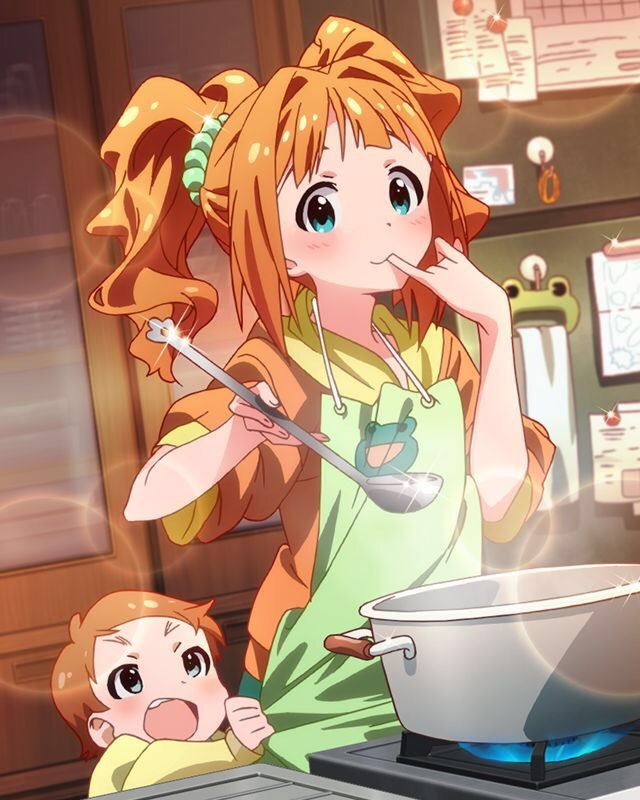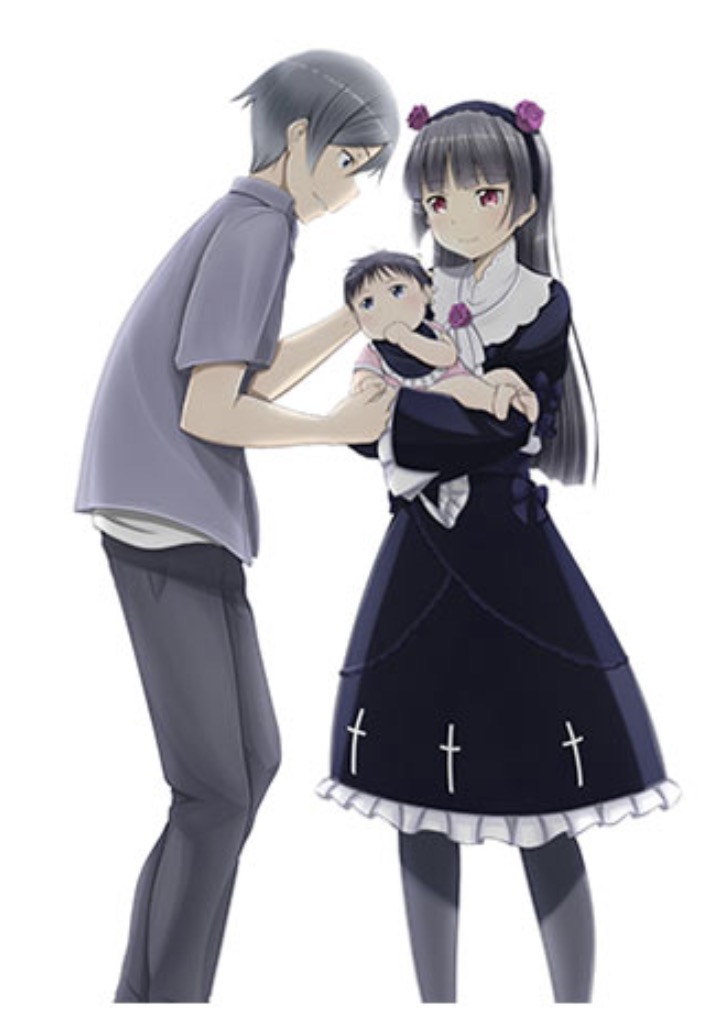While there are many innovative ways of studying Japanese, including self-study programs with flashcards and textbooks, online study programs and so on, I usually recommend the method I used, a formal language program in a university (in my case, SDSU). When you study Japanese in a classroom setting, there are several stages you go through, including massive shock when you first encounter the hiragana writing system, relief when you realize it’s not that hard to get down after all, then amazement as your brain starts “reading” written Japanese without your conscious involvement, just as it does for English. You also learn that some Japanese words sound extremely funny to us, and the first time you encounter the word 時々 toki-doki (meaning “sometimes”), there’ll always be some giggles since this sounds similar to “okie-dokie” in English. Other words that can cause sniggering include 母 haha, which means “my mother” but sounds like laughing, 父 chichi, which means “my father” but sound like something soft and warm in Spanish, and たこ tako, a delicious Mexican treat to most of us but meaning “octopus” in Japanese. It’s easy to remember the Japanese word for “apple,” which is 林檎 ringo, as in Ringo Starr, and then there’s the word 貧乏 binbou, which means “poor” (as in lacking money) but is pronounced exactly like the English word “bimbo.” Okay, that’s all for now. It’s off to Japan for me!
Yayoi is the binbou character in Idolmaster. She’s also kind of a bimbo.
















